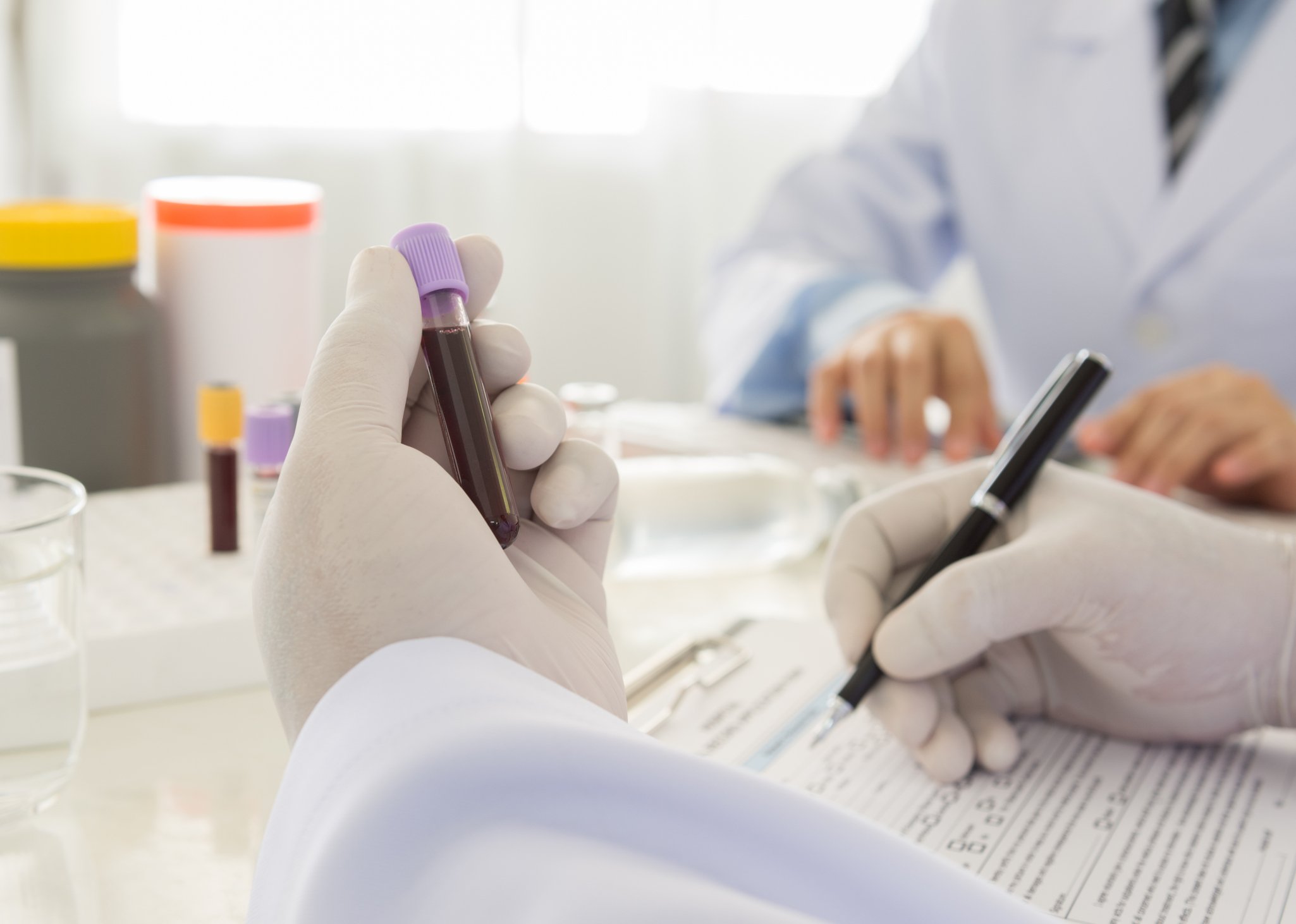What happened
Shares of Ra Pharmaceuticals (RARX +0.00%), a clinical-stage drug developer with a keen focus on developing therapies to treat rare diseases, tumbled as much as 32% on Tuesday after announcing its initial data for its phase 2 trials involving experimental drug candidate RA101495 as a treatment of paroxysmal nocturnal hemoglobinuria (PNH). PNH is a disease characterized by the destruction of red blood cells by the complement system, an innate portion of the immune system.
So what
According to the early morning press release, the dose-finding phase 2 study found no safety or tolerability concerns, a near-complete inhibition of hemolytic activity, and "rapid decline in lactate dehydrogenase (LDH)" at week seven. The study includes three patients that have yet to take the only PNH-approved therapy on the market, Soliris, from Alexion Pharmaceuticals (ALXN +0.00%).

Image source: Getty Images.
Said lead investigator Anita Hill, M.D., PhD:
"Currently, the only approved treatment for PNH is a monoclonal antibody [Soliris] which must be administered intravenously every two weeks by healthcare professionals. As a once daily, self-administered, subcutaneous therapy, RA101495 has the potential to offer a convenient option for patients with PNH. These initial data on eculizumab-naïve patients [those who haven't taken Soliris] are encouraging, and I look forward to seeing data from patients switching from eculizumab to RA101495."
However, the press release also notes that during the week six visit, one patient reported a recurrence of their PNH symptoms associated with hemoglobinuria and LDH level. The lead investigator determined the most likely cause was a viral infection in the patient, and LDH levels returned to normal the following week with a resolution of hemolytic symptoms. Nonetheless, a lack of certainly as to the cause of this recurrence appears to be the reason why Ra Pharmaceuticals' stock is getting hammered on Tuesday.
Now what
What investors have to understand is that Ra Pharmaceuticals' pipeline is exceptionally wet behind the ears. RA101495, which is being examined in PNH and refractory myasthenia gravis, has only two studies in human-stage trials right now. Its other five studies are either in the preclinical or discovery phases. This means most of the investing being done in Ra Pharmaceuticals at the moment is exceptionally risky. We really don't know yet what its lead drug can do in terms of efficacy.

Image source: Getty Images.
At the same time, Ra Pharmaceuticals suffers from a concern that plagues all clinical-stage drug developers: cash burn. The company ended the first quarter with $105.4 million in cash and cash equivalents, but this was down $12.5 million from the sequential fourth quarter. If research activity picks up, the company may only have two years of cash remaining to operate its business, or less. In other words, the probability for dilutive share offerings seems high.
For now, this Fool would suggest investors stick to the sidelines and wait for Ra Pharmaceuticals to produce more tangible efficacy data on its lead drug. I'd also opine that Alexion Pharmaceuticals' investors have little to worry about thus far.





